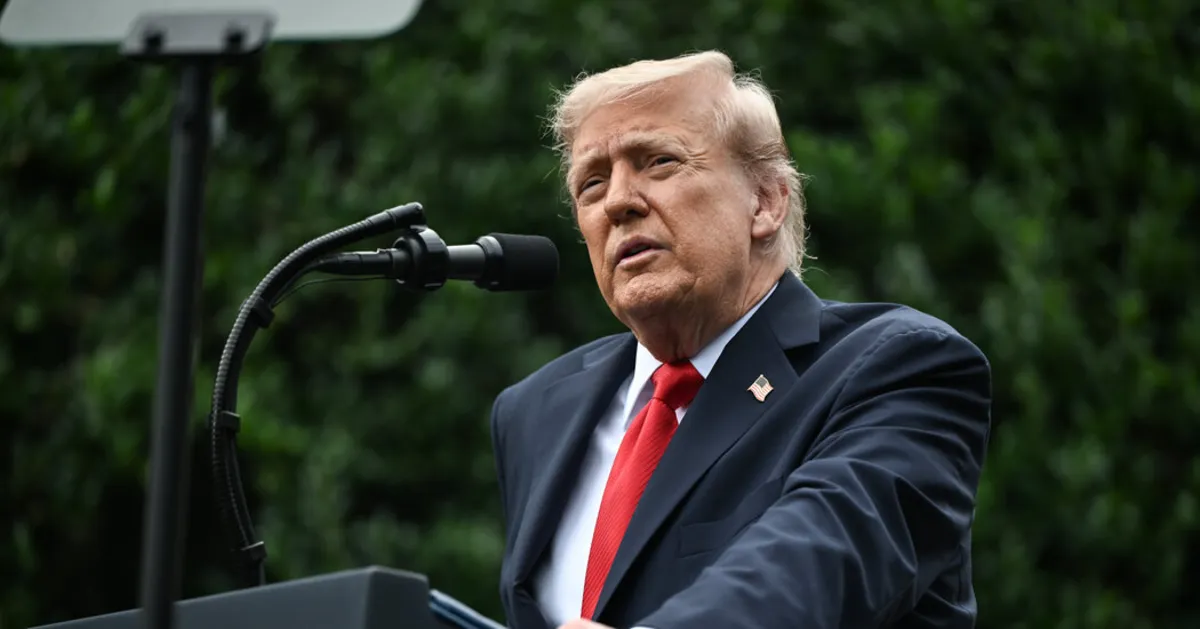
In a recent letter, a group of senators emphasized the importance of testimony regarding the banking practices of JPMorgan in relation to their former client, Jeffrey Epstein. The letter, sent to the bank's executives, aims to inform congressional efforts focused on enhancing the safeguards in the banking system against illicit activity. Senator Elizabeth Warren, a Massachusetts Democrat and the ranking member of the Senate Banking Committee, is leading the charge in this initiative.
The request for a hearing comes on the heels of a revealing article published by The New York Times Magazine, which scrutinized JPMorgan's long-standing banking relationship with Epstein. The report highlighted a troubling period during which Epstein was embroiled in numerous allegations, including the sexual abuse of teenage girls. It uncovered that JPMorgan had consistently overlooked several red flags, such as large cash withdrawals and other suspicious transactions linked to Epstein and his associates. Epstein tragically died by suicide in jail in 2019.
The senators' letter also pointed out that Deutsche Bank, which became Epstein's primary lender after JPMorgan cut ties in 2013, made similar missteps. They asserted that testimony from JPMorgan and other financial institutions involved in Epstein's transactions would be invaluable in understanding where regulatory controls failed. “The American people deserve to know what happened at JPMorgan and other banks that financed Mr. Epstein,” the letter stated.
In response to the mounting pressure, Patricia Wexler, a spokesperson for JPMorgan, issued a statement expressing regret over the bank's association with Epstein. She indicated that, with the benefit of hindsight, the bank recognized any links to Epstein as a significant error. Wexler emphasized that JPMorgan would not have continued business with Epstein had they believed he was involved in a sex trafficking operation. She also noted that Epstein was terminated as a client six years before his arrest on federal charges.
In recent weeks, there has been a bipartisan push among senators and House members for increased transparency regarding the federal government's records on Epstein. Senator Ron Wyden, a Democrat from Oregon, introduced a bill aimed at compelling the Treasury Department to release all suspicious activity reports filed by JPMorgan and other banks concerning Epstein and his associates. This call for transparency highlights the ongoing concern surrounding financial institutions and their roles in facilitating illicit activities.
The revelations surrounding Epstein have also caused significant political repercussions in the UK, particularly for Prime Minister Keir Starmer. Following the emergence of emails revealing former Labour Minister Peter Mandelson's correspondence with Epstein, Starmer faced mounting pressure to address the issue. Mandelson's email, which expressed solidarity with Epstein despite his conviction for soliciting sex from a minor, led to his immediate withdrawal from a diplomatic ambassador position.
In light of these events, there has been considerable public outcry and political fallout. Starmer's handling of the situation has drawn criticism, especially after the resignation of his deputy prime minister, Angela Rayner, over a separate tax-related issue. The implications of these developments extend beyond individual politicians, affecting the broader political landscape and public trust in governance.
The ongoing scrutiny of JPMorgan, Deutsche Bank, and other institutions involved with Epstein underscores a critical need for accountability in the banking sector. As lawmakers continue to push for transparency and answers, the focus remains on ensuring that the banking system is safeguarded against any illicit activity, protecting the public from exploitation and abuse. The unfolding events serve as a reminder of the importance of vigilance in financial oversight and the ethical responsibilities of financial institutions.